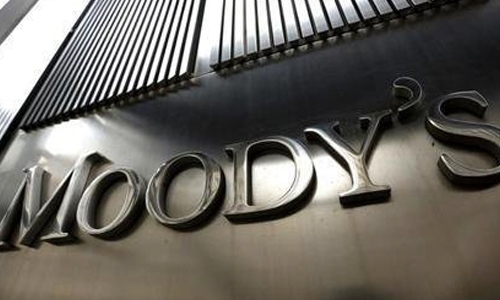Saudi Arabia’s approval of NTP is credit positive
Manama: Saudi Arabia’s cabinet recently approved the National Transformation Programme 2020 (NTP), an implementation plan for National Vision 2030.
Approval of the NTP is credit positive because the plan offers a credible path to achieving fiscal and economic diversification away from oil and will improve competitiveness.
Moody’s Investor Service said in a statement, “Although we see significant implementation risks, we think that even if Saudi Arabia implements part of the NTP, the plan will benefit the sovereign’s credit quality by supporting its fiscal and economic strength.”
The five-year programme starts this year and consists of 178 strategic objectives, with nearly 400 indicators and 350 targets used to define the 2020 goals and measure progress. The cabinet approved 543 initiatives for this year, at a total cost of SAR268 billion between now and 2020, or 10.9 per cent of 2015 nominal GDP.
The strategic objectives can be broadly grouped into three categories: public sector and fiscal reforms; economic diversification and improvements in the business environment; and social reforms, with many objectives falling into more than one category.
Strategic objectives that could yield a positive fiscal effect include revenue diversification, the privatization of government services and assets, and the restructuring of the public sector.
The NTP aims to triple non-oil revenues to SAR530bn (22pc of GDP) by 2020 from SAR163.5bn in 2015 (see exhibit) through income taxes on non-Saudi nationals, increased “sin” taxes on tobacco and sugary drinks and other sales taxes, higher government fines and fees, and a value added tax.
This will reduce the government’s reliance on oil revenue – which has historically accounted for around 90pc of government revenue – and make government finances more resistant to fluctuations.
Moreover, because economic growth will remain largely driven by government spending, a broader revenue base will make the economy more resilient to future oil price swings.
On the expenditure side, the government plans to reduce spending on wages and salaries to SAR456 bn by 2020, from a baseline of SAR480bn, supported by a 20pc reduction in the total civil service workforce and improved performance evaluation of government employees.
Related Posts

